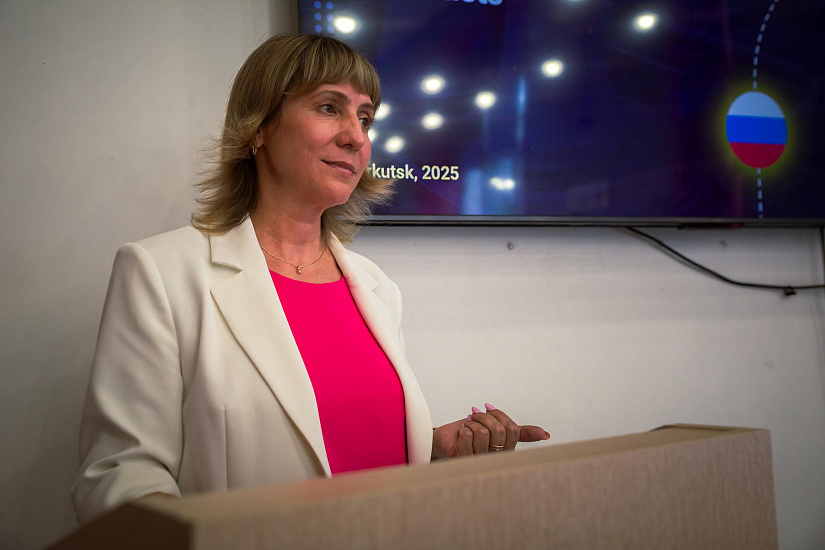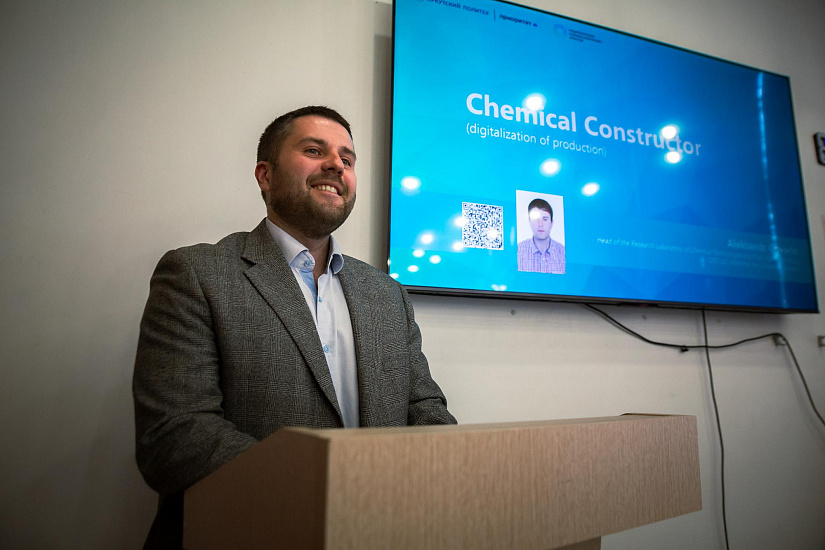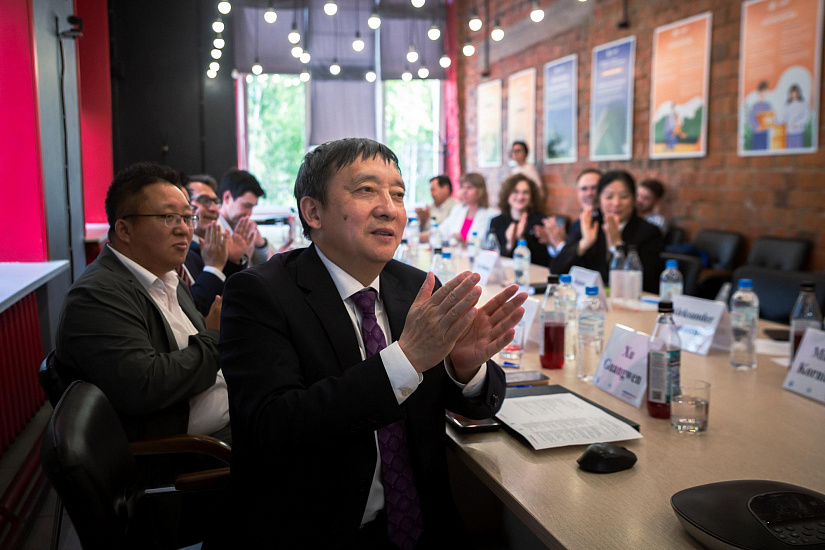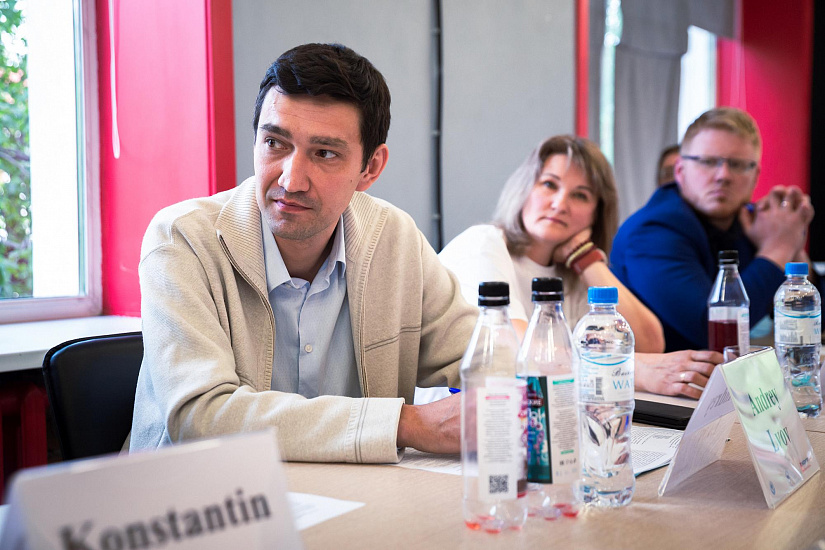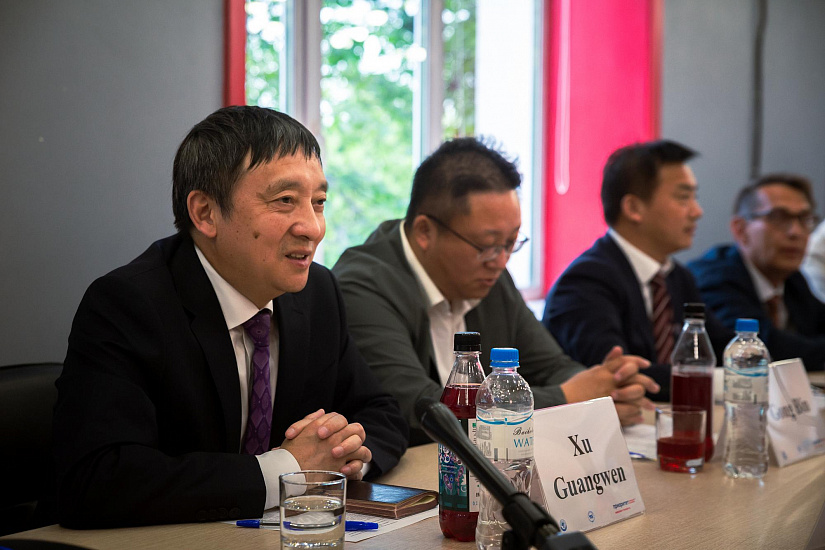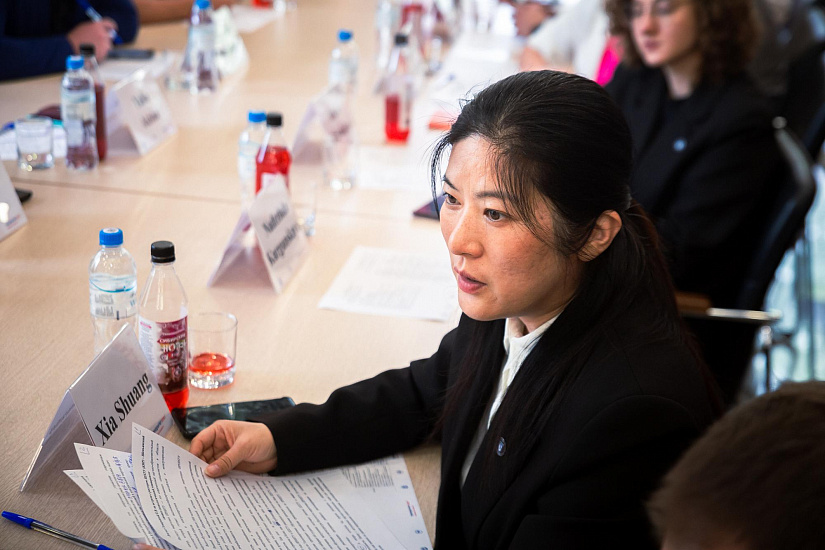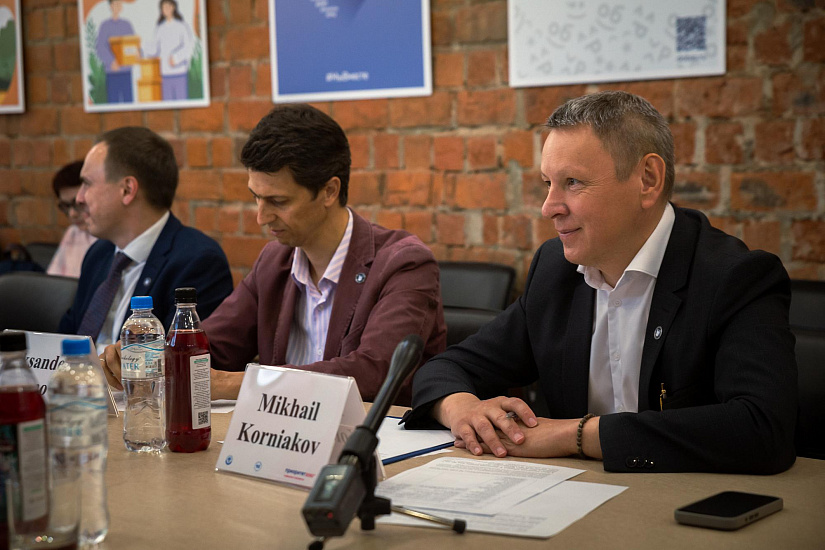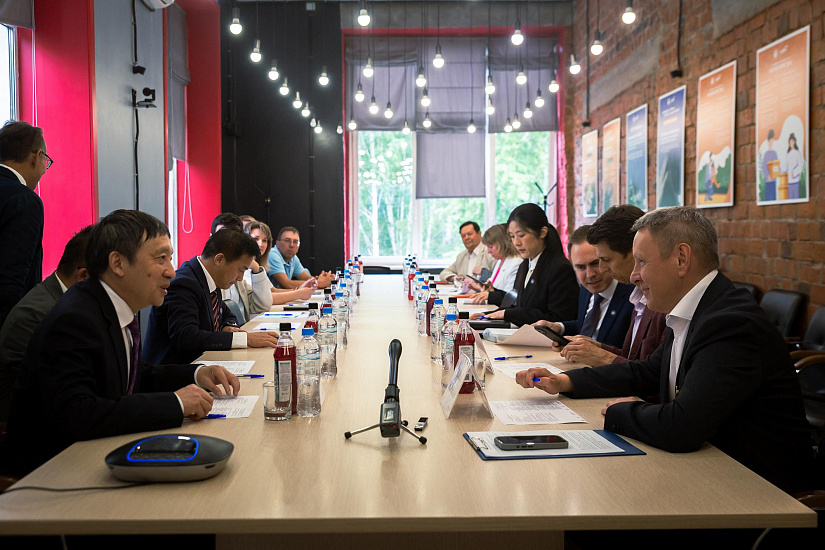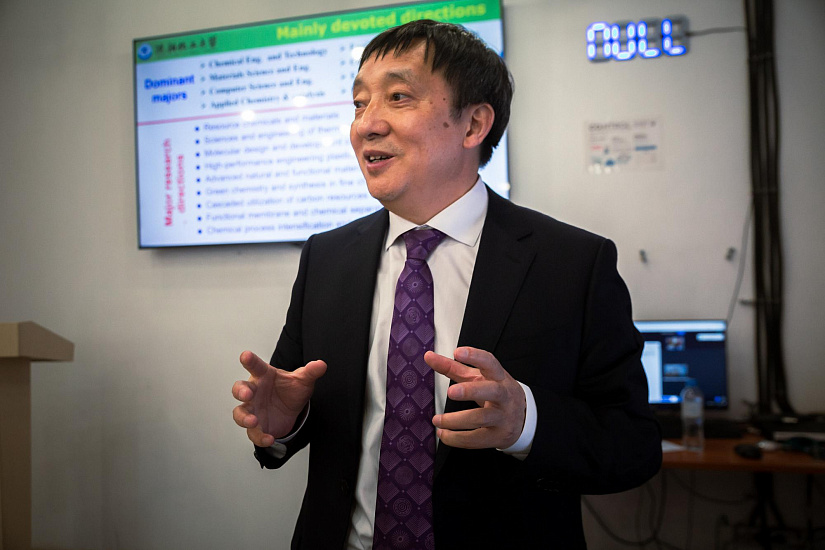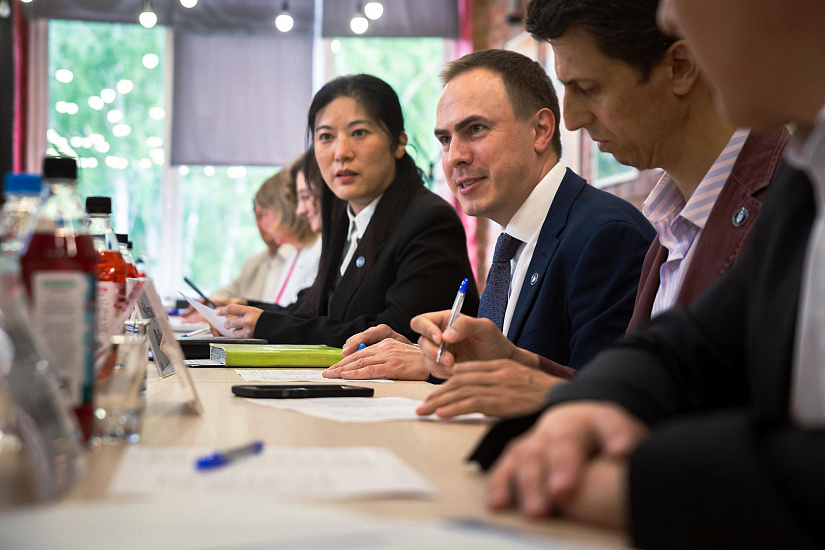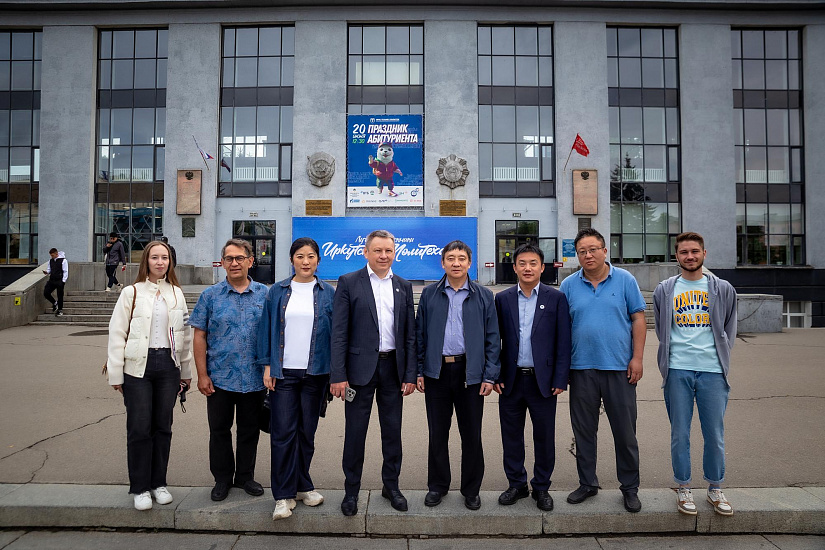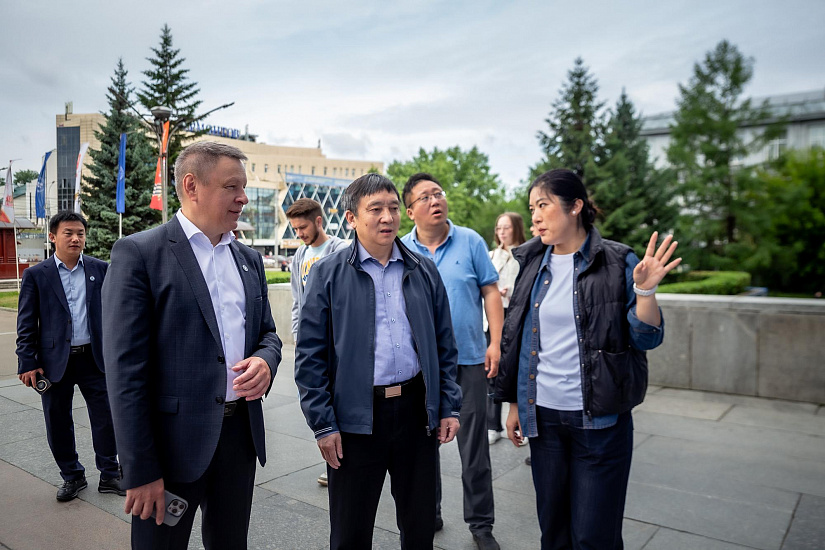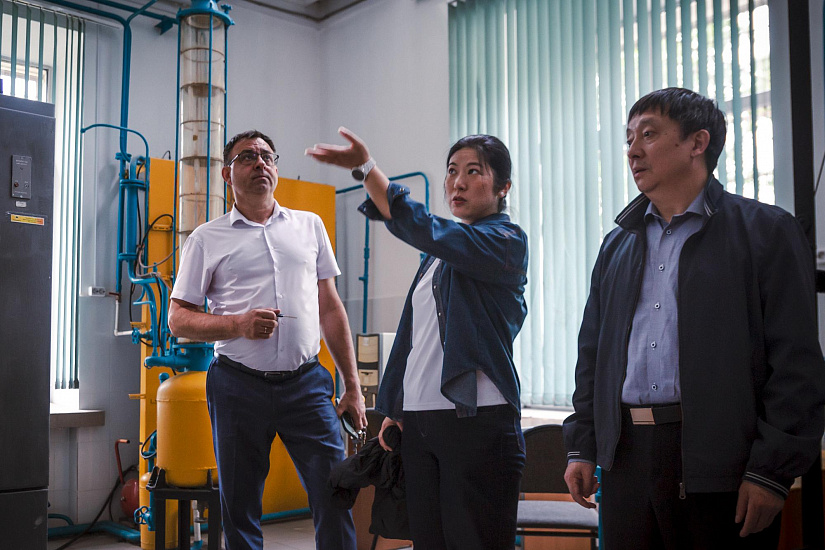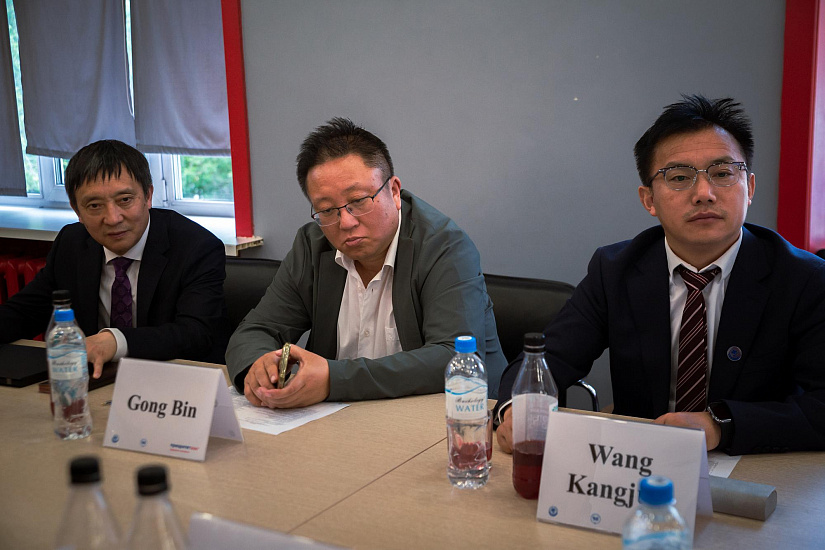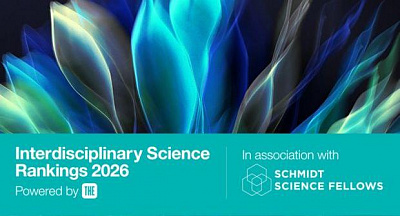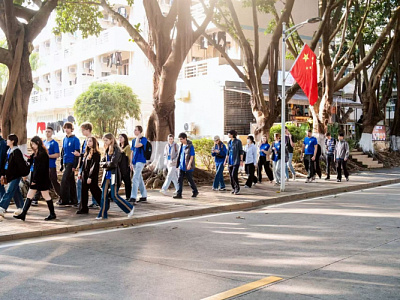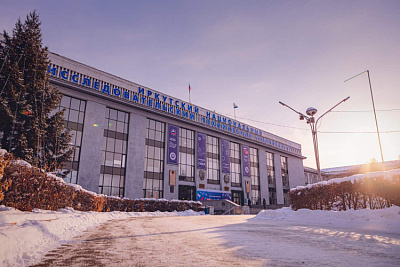INRTU and Shenyang University of Chemical Technology Take Partnership to New Level
A delegation from Shenyang University of Chemical Technology (SUCT), Liaoning Province, China, led by president Xu Guangwen, visited INRTU. The two universities discussed ways to expand their educational and scientific research cooperation.
At the meeting, INRTU Rector Mikhail Korniakov noted that since 2018 the universities have been jointly delivering an English-taught Energy and Power Engineering bachelor's program to train engineering specialists. Students pursue their studies full-time in China, one-third of the curriculum is taught by INRTU representatives. Over the past three years, 168 students have earned engineering degrees, and currently, while 240 future thermal power engineers from China are enrolled in the thermal power engineering program.
Eleven SUCT students participated in a short-term academic mobility program at INRTU in the winter of 2024. One student is currently enrolled in a full academic exchange program for the 2024/2025 academic year.
During the 2024/2025 academic year more than ten INRTU faculty members gave lectures on various disciplines to SUCT students.
Last year an INRTU delegation visited SUCT and held negotiations on creating new projects and programs in electric power engineering.
Additionally, an agreement was signed to establish the Russia-China Technology Transfer Center.
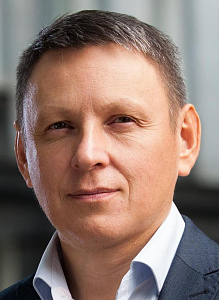
“One of INRTU's strategic initiatives is the Chemical Constructor project, which focuses on developing innovative technology packages and digital solutions, as well as establishing mobile modular production systems for low- and medium-tonnage chemical manufacturing. The comprehensive plan of the project includes establishing a federal chemistry hub in the Irkutsk Region to deploy these advanced technologies. The newly launched Russia-China Technology Transfer Center is expected to be a key driver of this initiative,” said INRTU Rector Mikhail Korniakov.
Ekaterina Samarkina, Director of School of Power Engineering, confirmed plans to expand collaboration between the two universities through their joint Energy and Power Engineering program in 2025. INRTU will enroll 120 Chinese students who will be able to earn a Russian bachelor's degree.
Ekaterina Samarkina also discussed the School of Power Engineering's scientific directions, which are practice-oriented and may be of interest to Chinese colleagues:
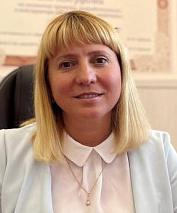
"We have launched a large-scale initiative, the Cyberphysical Systems for Equipment Reliability Management project that leverages big data analytics. Through our newly established, licensed Industrial Safety Center, we are implementing these solutions at real production facilities. Our interdisciplinary research bridges the fields of thermal and electric power engineering.
Recognizing the substantial environmental footprint of the heat and power sector, we are actively pursuing multiple environmental protection initiatives. One example is our work to mitigate the industry's impact on aquatic ecosystems by developing advanced water treatment and purification solutions, and resource-efficient processes."
Aleksandr Govorin, Head of the Chemical Technologies and Fine Organic Synthesis Laboratory, discussed the objectives of INRTU's Chemical Constructor for Modular Production strategic project. According to his data, Russia currently produces only around three thousand chemical products, while more than fifteen thousand are needed to ensure technological sovereignty.
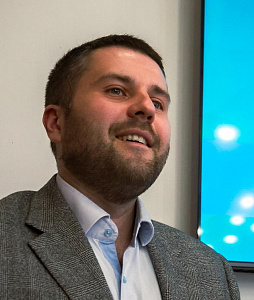
"One of the project's key features is applying the principles of digital and modular chemistry to accelerate technology transfer.
The project team is developing the SMTC module (small and medium tonnage chemistry) on the domestic digital OdanChem platform. This module aims to find comprehensive data on chemical substances published in literature and provide tools to work with them," Aleksandr Govorin said.
Andrei Lvov, Head of the Photoactive Compounds Laboratory, presented an overview of the lab's emerging scientists' groundbreaking research.
Prof. Xu Guangwen, SUCT president, shared significant findings from Chinese thermal chemistry research with INRTU colleagues.
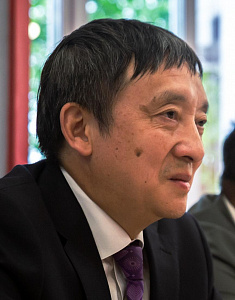
"Many of INRTU's research areas align remarkably with our priorities," noted Prof. Xu. "Your institution excels in process modeling and AI applications, while our strength lies in rapid technology commercialization. This creates exceptional opportunities for synergistic collaboration."
The Chinese delegation visited the laboratory of the Department of Chemical Technology named after N.I. Yaropolov led by Georgy Bozhenkov and the Chemical Technologies and Fine Organic Synthesis research laboratory directed by Aleksandr Govorin.
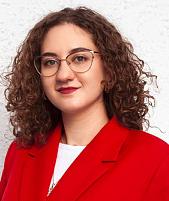
"We are committed to expanding our collaboration through the Joint Technology Transfer Center established last year. This platform is a vital mechanism for implementing commercially viable technologies from both countries into industrial practice and for facilitating cutting-edge research initiatives. The interest that Russian enterprises have shown in adopting Chinese technological solutions confirms the Center's strategic importance.
A second priority is to foster academic exchange through specialized research seminars for early-career scientists and postgraduate students. Following the successful participation of SUCT researchers in our 2024 'Chemistry of the Future' scientific school, we are pleased to extend an invitation for collaborative engagement in this year's program," said Irina Byankina, Head of the Baikal Technology Transfer Center.
Photos by Arseny Chekmaryov
